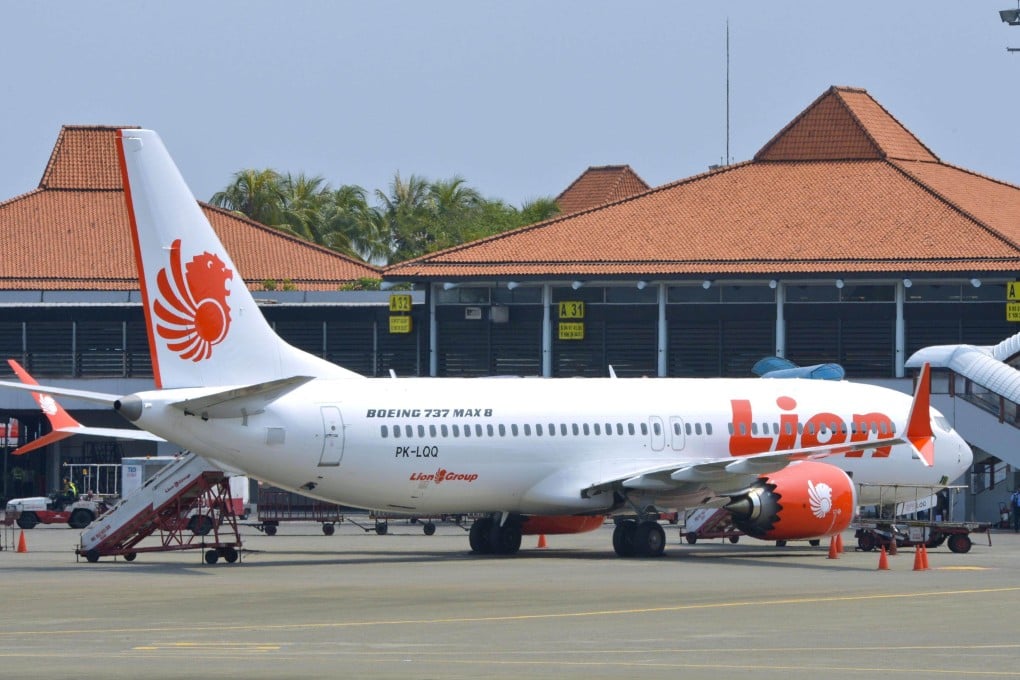Families of Indonesian Lion Air crash victims welcome Boeing resignations, call for more safety accountability
- Victims’ families say few lessons have been learned since the 2018 crash, with Boeing aircraft continuing to suffer serious safety malfunctions
- The resignations of the Boeing leadership do not go far enough as there remains a sense of lack of accountability and willingness to improve safety standards, they add

Families of Indonesians who were killed in the Lion Air Flight 610 crash in 2018 had mixed reactions to the news that Boeing CEO Dave Calhoun would step down at the end of the year, with some welcoming his resignation and others questioning whether such a move would bring about genuine safety improvements.
Neuis Marfuah, whose 23-year-old daughter Vivian Hasna Afifa was on board the ill-fated Lion Air flight, told This Week in Asia that Calhoun’s resignation was “probably for the best”.
“Perhaps it was a decision that had to be taken in order for there to be improvement. I feel an emptiness about the events and incidents that occurred while those people were involved in the company,” she said.
The plane had been en route from Jakarta to Pangkal Pinang when it crashed into the Java Sea on October 29, 2018, killing all 189 people on board.
Calhoun, 66, was appointed in 2020 following two fatal crashes of Boeing 737 Max jets, including the Lion Air crash, but he has been accused of failing to steer the company in a safer direction since the incidents.
